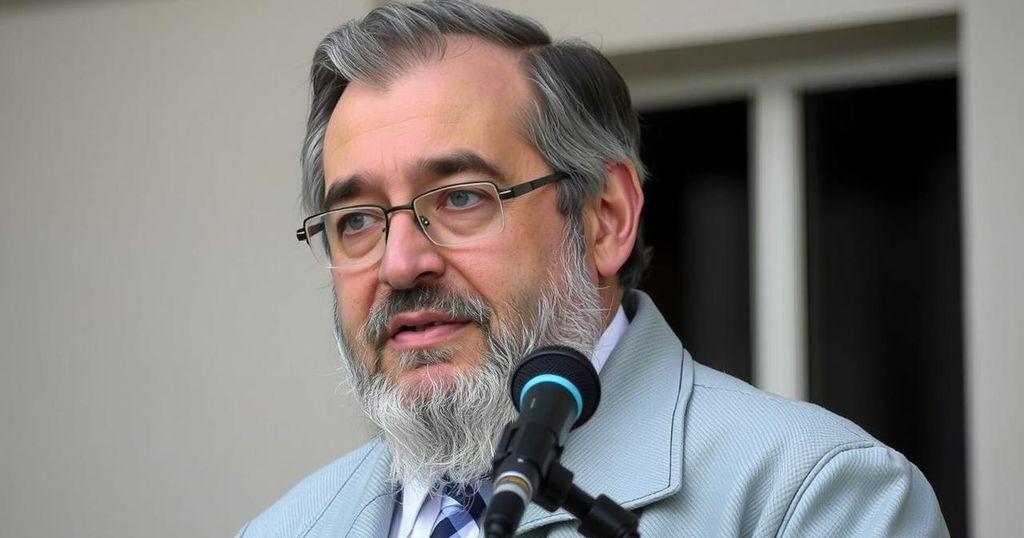Italy has released Iranian citizen Mohammad Abedini, who was sought by the U.S. for a drone attack that killed three Americans in Jordan. The Italian justice minister requested the revocation of his arrest warrant, which led to Abedini’s return to Iran. Extradition was deemed unviable due to legal discrepancies between U.S. charges and Italian law. Diplomatic efforts from both nations played a significant role in this outcome, including negotiations related to the release of an Italian journalist detained in Iran.
On Sunday, Italy released Mohammad Abedini, an Iranian citizen sought by the United States for his alleged involvement in a drone attack in Jordan that resulted in the deaths of three American service members approximately one year ago. Following a request from the Italian justice minister, a court revoked his arrest warrant. Reportedly, Abedini has returned to Iran, as confirmed by Iranian state television.
Abedini was originally arrested on December 16, under a U.S. warrant, shortly before the detention of Italian journalist Cecilia Sala in Iran. It was suggested that Sala may have been held as leverage for Abedini’s release. Sala returned to Italy last week after what is described as a complex diplomatic negotiation process involving Italy and the U.S.
The U.S. Department of Justice has accused Abedini of providing drone technology that was utilized in a January 2024 assault on a U.S. military installation in Jordan. However, according to an official note from the Italian justice ministry, extradition is contingent upon the existence of comparable laws in both jurisdictions, which was deemed not applicable in this case as the alleged offense does not align with any crime recognized under Italian law.
Iranian media reported that Abedini’s release was likely influenced by diplomatic efforts from Iran’s foreign ministry and discussions between the intelligence agencies of both countries. Italian Prime Minister Giorgia Meloni highlighted a “diplomatic triangulation” between Iran and the U.S. as crucial to securing Sala’s release, confirming that American interests were part of the negotiations. This diplomatic interaction included Meloni’s unexpected visit to Florida to engage with the U.S. President-elect, further complicating the dynamics of international relations surrounding the case.
The release of Mohammad Abedini by Italy underscores the complexities involved in international extradition laws and diplomatic relations. Abedini was apprehended in connection with a serious allegation related to U.S. military security, which complicates any potential legal proceedings. The broader context involves intricate negotiations between Italy, Iran, and the U.S. regarding matters of intelligence, diplomacy, and the safety of nationals in politically sensitive situations. The case exemplifies how international law intersects with national interests and the ramifications of such actions on foreign relations.
The Italian decision to release Mohammad Abedini demonstrates the intricate balance between national law and international relations, particularly in cases involving severe criminal allegations with implications for the United States. The diplomatic negotiations that led to this outcome highlight the significance of dialogue in resolving complex geopolitical issues, particularly involving hostage situations or demands for extradition. The situation continues to evolve, with potential ramifications for future diplomatic exchanges between the involved nations.
Original Source: www.theguardian.com






